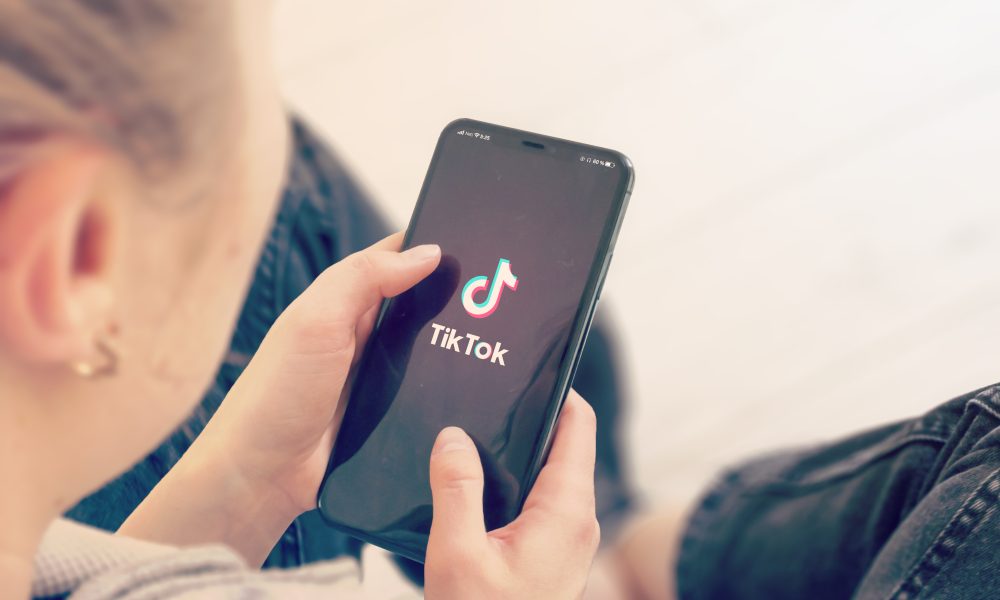
A new study has revealed that women who spend a lot of time on app TikTok feel worse about their appearance, suggesting that high TikTok exposure could harm mental health, reducing body image satisfaction and increasing the risk for disordered eating behaviour.
Since its launch, the short-form video app TikTok has had more than 2 billion downloads.
The app’s algorithm curates content on a “For You” page based on a user’s interactions with previous videos, and content which glamorises disordered eating behaviour and extremely thin body image ideals can therefore quickly fill a users’ feed.
Researchers Madison Blackburn and Rachel Hogg from Charles Sturt University in Australia have tried to understand how TikTok content might affect women’s body image by surveying 273 women between the ages of 18 to 28.
The findings have been published in the open-access journal PLOS ONE.
TikTok, women, and body image
In the survey, Blackburn and Hogg asked participants how much they used TikTok, and screened them for symptoms of disordered eating, body image, their attitudes toward beauty standards, and risk for orthorexia — a set of restricted diet and eating patterns focused on ridding oneself of “impure” or “unhealthy” foods or behaviours.
The scientists then had half the participants watch a seven to eight minute compilation of disordered eating content from TikTok — including young women starving themselves or providing weight loss tips alongside juice cleanse and workout videos — while the other half of participants viewed neutral content with nature, cooking and animal themes.
Interview: On a mission to save the world’s sleepless women
Both groups reported a decrease in body image satisfaction after watching the videos, but those exposed to pro-anorexia content had the biggest decrease, and showed an increase in internalisation of beauty standards.
Women who used TikTok more than two hours per day reported more disordered eating behaviours, but the findings were not significant.
While the study did not address how exposure to pro-anorexia content might affect people over time, the results suggest that weight-loss focused TikTok content might negatively affect viewers’ body image and beauty standards.
The researchers recommend that there need to be better control over pro-anorexia content on TikTok.
The authors stated: “Our study showed that less than 10 minutes of exposure to implicit and explicit pro-anorexia TikTok content had immediate negative consequences for body image states and internalisation of appearance ideals, suggesting psychological harm can occur for young female TikTok users even when explicit pro-anorexia content is not sought out and when TikTok use is of a short duration.”





